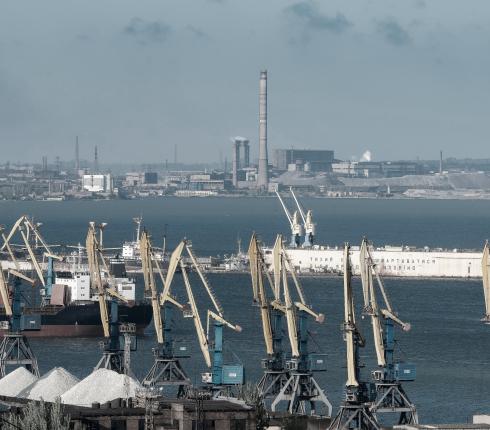What are your risks as an exporter if you refuse to deliver to Russian customers?
On 15 March 2022, the Council of the European Union decided to introduce the fourth package of economic and individual sanctions in response to Russia's aggression against Ukraine. The sanctions include, among others, a ban on trading in a wide range of certain products, including luxury goods, iron and steel products.

As an exporter to the Russian market, whether you sell clothes, furniture, or food, it is important to consider whether it is still legal to sell the products in question.
IS THIS "FORCE MAJEURE"?
Unless the service being exported is included in the EU sanctions list, there is generally no valid reason for refusing to provide the agreed service. However, in some cases, the starting point may be modified by the contractual basis.
Conversely, if the service is included in the EU sanctions list, then it is generally force majeure that exempts the exporter liability as long as the hindrance exists.
REFUSAL TO SUPPLY DUE TO IMAGE OR COMMERCIAL CONSIDERATIONS
If you, as an exporter, choose to discontinue your cooperation with your Russian customers, your dealers, or commercial agents without it being due to your services being on the EU sanctions list, it is generally a breach of the concluded agreement that may result in you being held liable in one way or another.
NJORD LAW FIRM RECOMMENDS
If you are considering either suspending or terminating the cooperation with your agent or dealer or refusing to perform an already concluded contract with a Russian customer, it is important to know the legal possibilities and risks before the suspension or termination or announcing the refusal of delivery.
Read about the Council Implementing Regulation of 15 March 2022 her.

